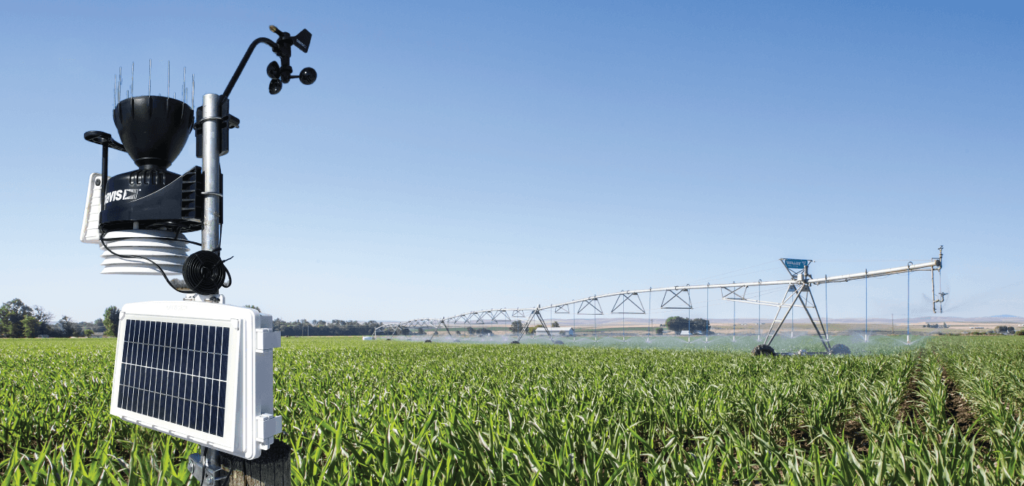
Farming has evolved significantly over the years, with technology playing a crucial role in improving efficiency and productivity. One such technological advancement that has revolutionized the way farmers manage their crops is the use of remote irrigation devices. These devices allow farmers to remotely monitor and control the irrigation of their fields, saving time and resources while maximizing yields. In this article, we will explore the benefits of remote irrigation devices and how they have made modern farming easier and more efficient.
The Benefits of Remote Irrigation Devices
Convenience and Efficiency
- Remote irrigation devices enable farmers to monitor and control their irrigation systems from anywhere, using their smartphones or computers.
- This eliminates the need for farmers to physically be present in the fields, allowing them to manage their irrigation systems efficiently while saving time and labor.
Water Conservation
- By providing real-time data on soil moisture levels and weather conditions, remote irrigation devices help farmers make informed decisions about when and how much to irrigate.
- This precision irrigation helps in conserving water by only applying the necessary amount of water to the crops, reducing wastage and promoting sustainable water usage.
Cost-Effectiveness
- Remote irrigation devices help farmers save on their water and energy costs by optimizing the use of resources and preventing over-irrigation.
- By reducing water and energy wastage, farmers can lower their operational expenses and improve their overall profitability.
How Remote Irrigation Devices Work
Remote irrigation devices consist of sensors placed in the fields to collect data on soil moisture levels, temperature, and other relevant parameters. This data is then transmitted wirelessly to a central control unit, which is connected to the farmer's smartphone or computer. The farmer can access this data through a user-friendly interface and make adjustments to the irrigation schedule as needed.
Sensors
- Soil moisture sensors measure the amount of water in the soil, allowing farmers to determine when to irrigate based on the actual needs of the crops.
- Temperature sensors provide information on the ambient temperature, helping farmers make decisions on when to irrigate to prevent heat stress in the crops.
Central Control Unit
- The central control unit acts as the brain of the remote irrigation system, receiving data from the sensors and translating it into actionable insights for the farmer.
- Farmers can program the central control unit to automatically adjust the irrigation schedule based on pre-set parameters, or they can manually control the system remotely.
Choosing the Right Remote Irrigation Device
When selecting a remote irrigation device for your farm, there are several factors to consider to ensure you choose the right system for your needs.
Compatibility
- Make sure the remote irrigation device is compatible with the existing irrigation system on your farm to avoid compatibility issues.
- Check if the device can be easily integrated with other smart farming technologies you may already be using.
Scalability
- Consider the size of your farm and the scalability of the remote irrigation device to ensure it can meet your current and future needs.
- Choose a system that can be easily expanded to accommodate additional sensors or field areas as your farm grows.
Data Accessibility
- Look for a remote irrigation device that provides real-time data and alerts, allowing you to make timely decisions and adjustments to your irrigation schedule.
- Ensure the device has a user-friendly interface that is easy to access and navigate, even for farmers with limited technical expertise.
Conclusion
Remote irrigation devices have transformed the way farmers manage their irrigation systems, providing convenience, efficiency, and cost-effectiveness. By harnessing the potential of these devices, farmers can maximize their yields while conserving water and optimizing their resources. As technology continues to advance, remote irrigation devices will play an increasingly important role in modern farming, making farming easier, more sustainable, and more profitable.